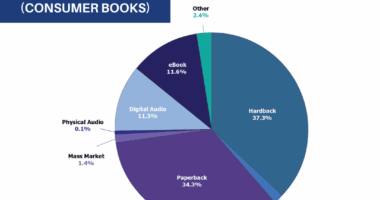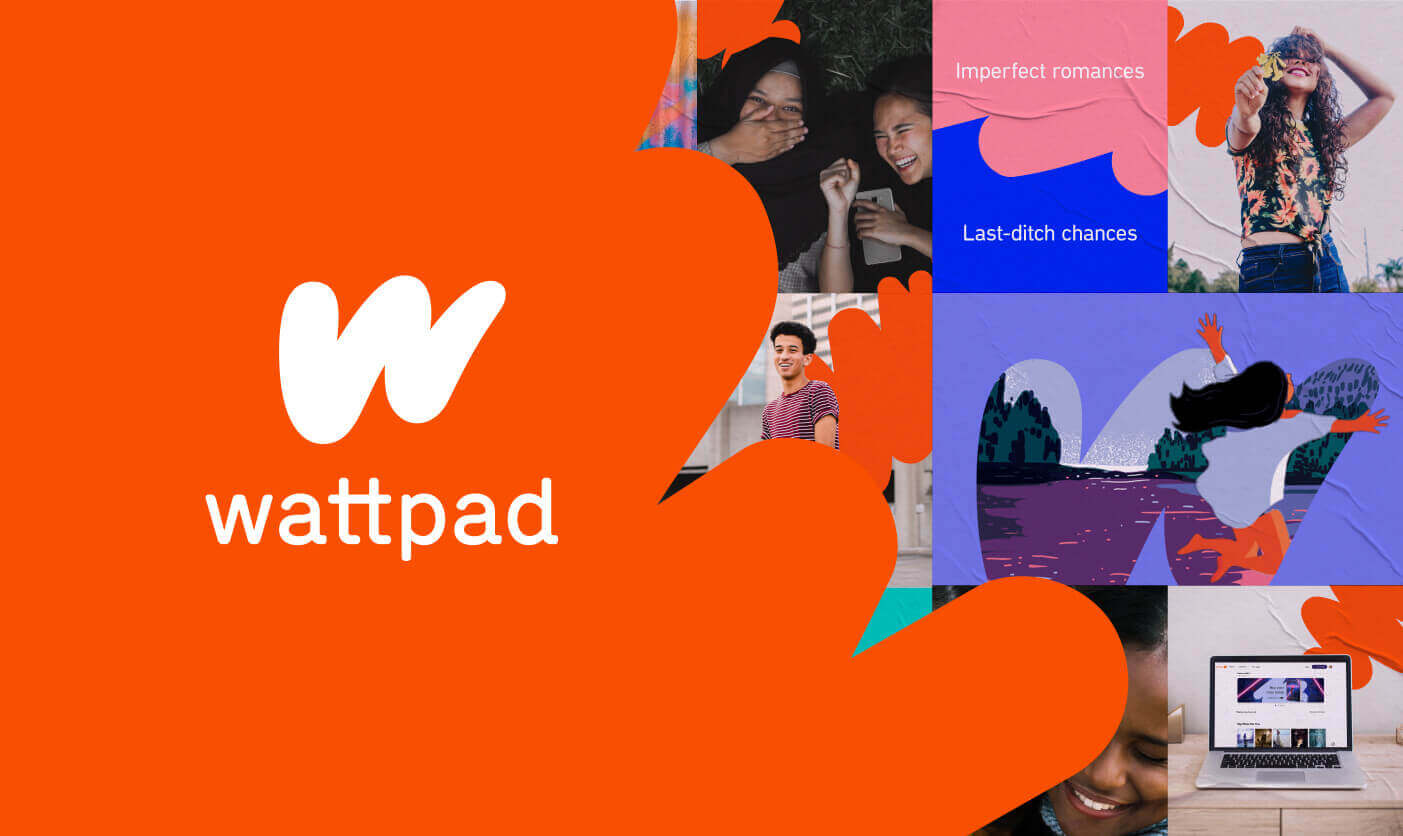Have you ever wondered why Artificial Intelligence (AI) generation tools like ChatGPT seem similar? There is a good reason for it. Most are created using an open-source back-end technology called Large Language Models (LLMs). LLMs are machine-learning modules that can generate, translate, and decipher human text through what is commonly referred to as “prompts.” A prompt is a brief description or a few words of what the human wants to write. The LLM translates this information into a line or paragraph of text. It is considered a generative text model because it can create words based on what it “thinks” the writer wants to say.
Natural language processing is a similar technology, but it is not predictive. It can only read and translate text into actions based on specific parameters, such as correcting grammar. To create most modern-day writing applications, a combination of both AI models is used to streamline the process. For example, Wordtune and Grammarly offer spell checkers, grammar corrections, and predictive text which require LLM technologies.
These are complex technologies with multiple layers of information being curated from hundreds of thousands of pieces of content from all over the Internet. The more content it absorbs, the more it learns. I cannot help but be reminded of robot Number 5 in Short Circuit demanding “input.” Short Circuit is a 1986 comedic sci-fi movie that follows a military robot on its journey to becoming a sentient being. I highly recommend it for a family movie night.
I’m interested in how Artificial Intelligence writing tools are becoming more prevalent in the industry, but at the same time, I’m also worried about the potential implications. As writers, we need to figure out how to use these tools without becoming reliant on them to keep up with the increasing demands.
The top writing tools available are Jasper, Anyword, and Writer.
Jasper is the most expensive option and claims to offer a wide range of features, including an art generator. It can be easily integrated with Grammarly to create visually appealing content. It’s popular among small businesses that produce large amounts of content.
Marketing and social media content creators prefer Anyword due to its integrated platforms and precise analytics.
“Writer” is widely used for enterprise applications because of its integrated copyright compliance and collaborative features.
There’s an ongoing debate about copyright infringement when it comes to AI. Language models like LLMs use existing content to build their knowledge base, not by copying the content itself, but by understanding the underlying ideas. This raises questions about how AI should be held accountable for plagiarism and how we determine its intent when it has been given the ability to “think” independently. Only time will tell; for now, we can use the tools to our advantage, as long as we use them responsibly.
Image by StockSnap from Pixabay
Writing has always been her passion and a voice for those who cannot speak. She considers herself fortunate to write every day and says her mantra is, "I drink coffee, write, and I know about people and technology." Her writing is diverse and can be found online on websites like LifeHack, You Have a Calling, Medium, TechCrunch and, She Knows.






